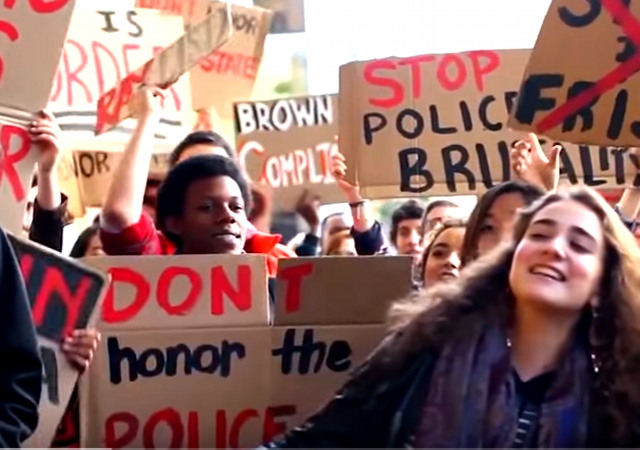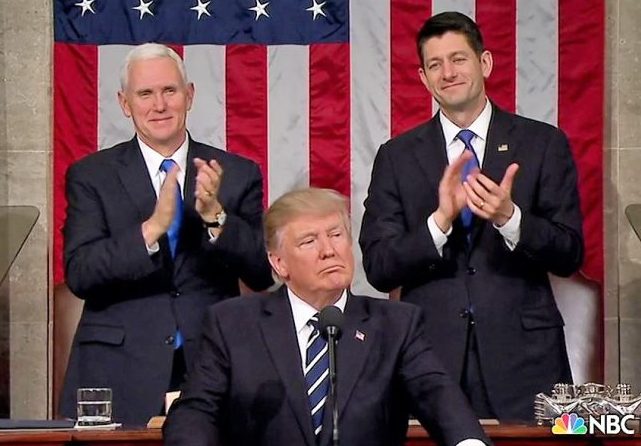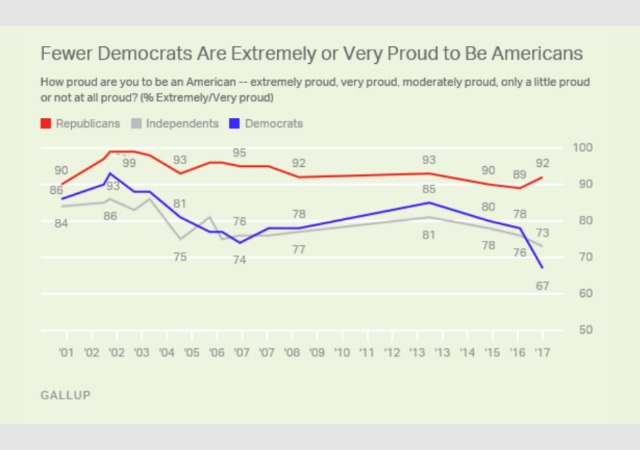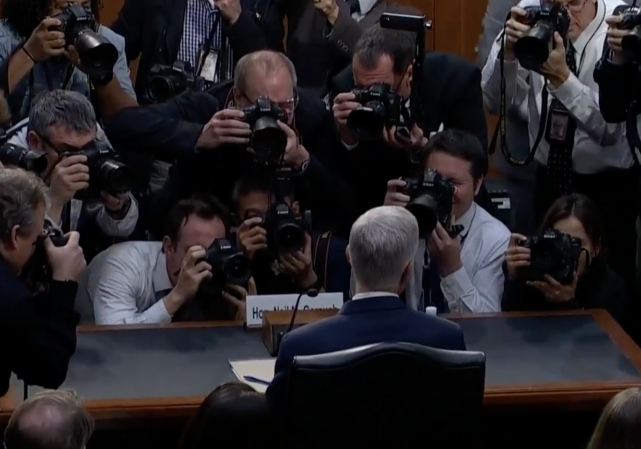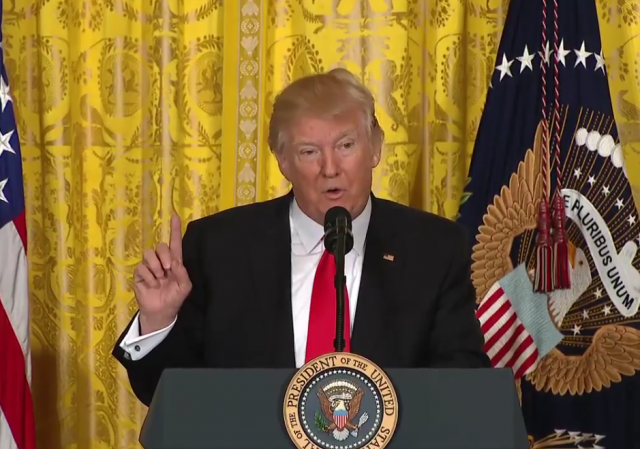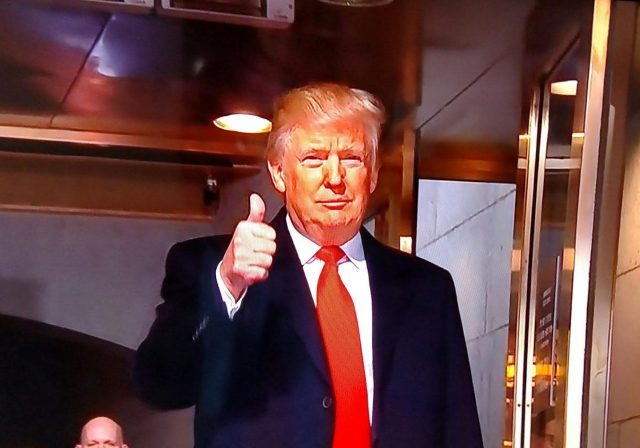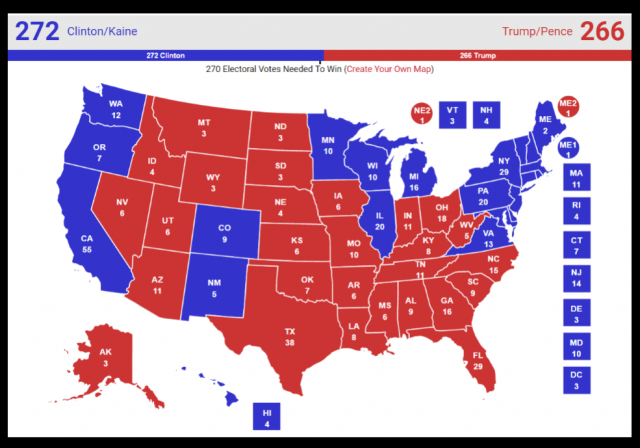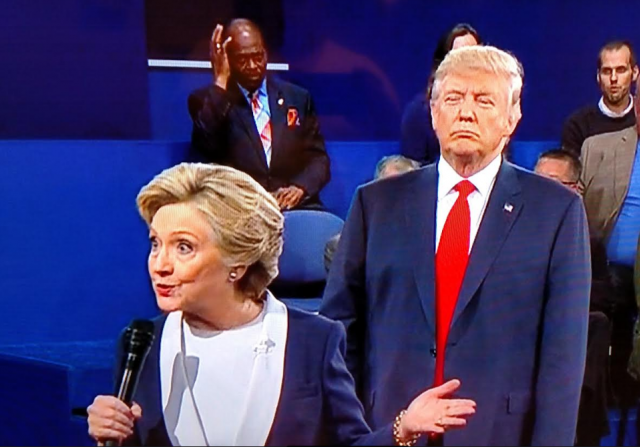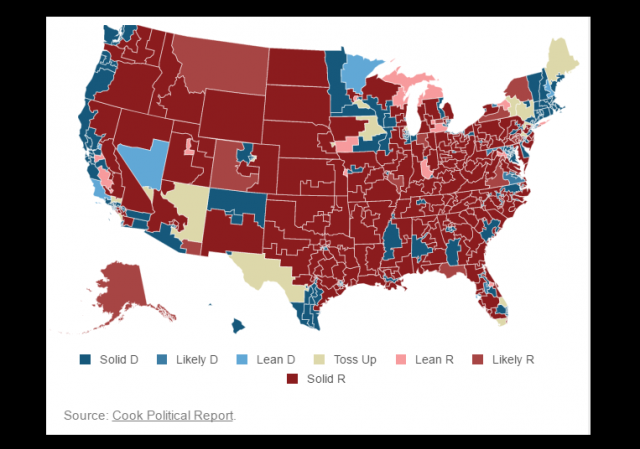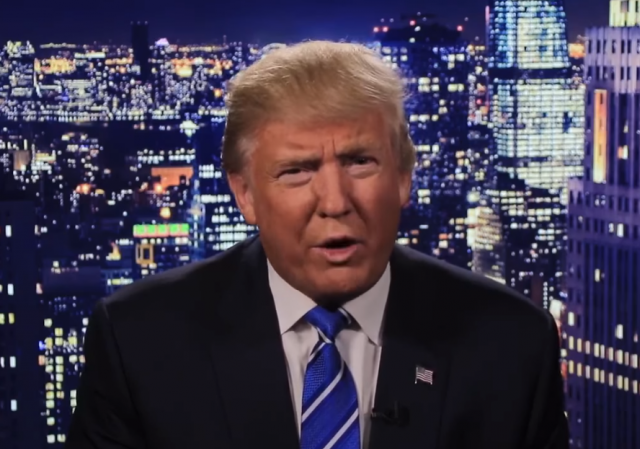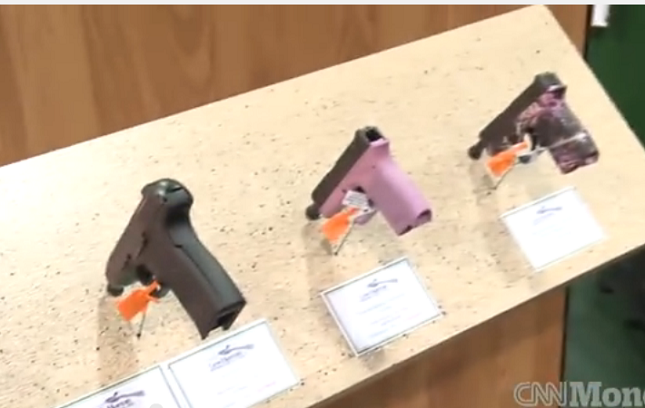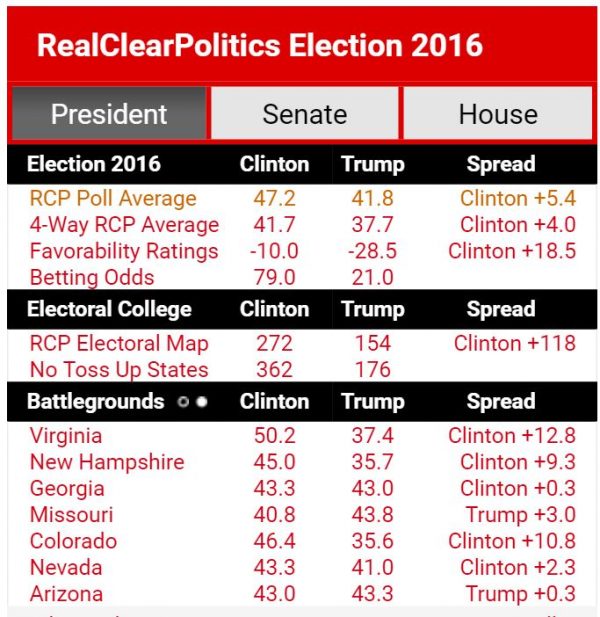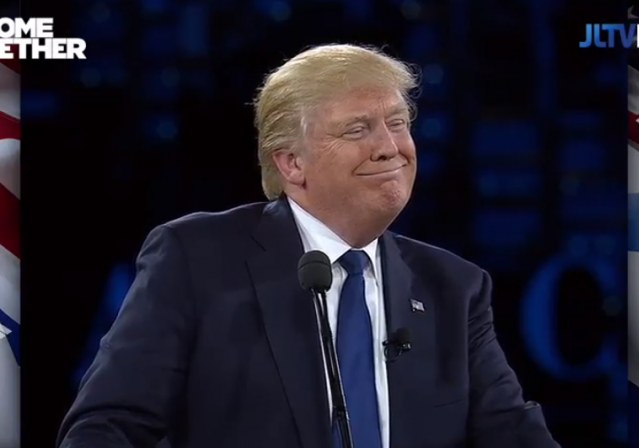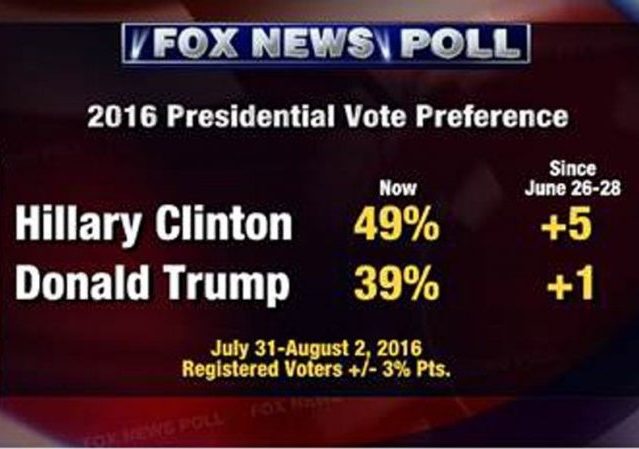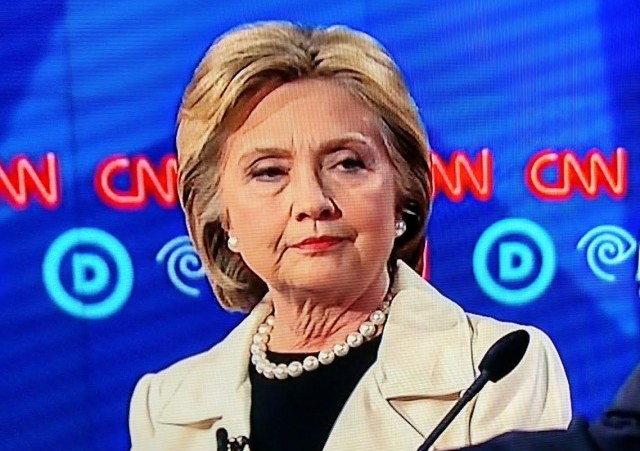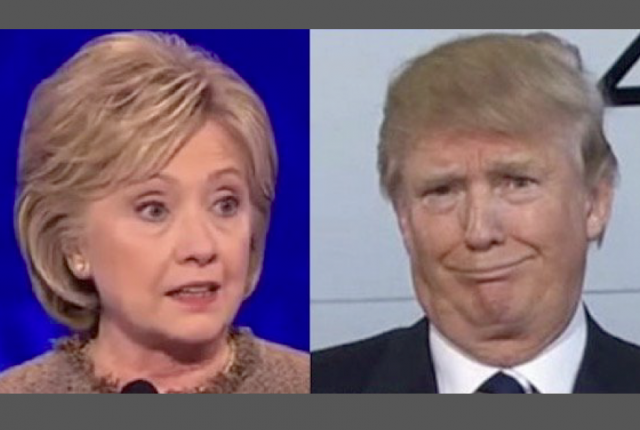POLL: Majority of Millennials Support Free Speech
on May 03, 2017
13 Comments
New polling data suggests that there's a silent majority of millennials (those aged 18-34) who ardently support both free speech and religious freedom.
The Fund for American Studies conducted the poll and found that contrary to what seems like a never-ending stream of headlines touting millennial love of safe spaces, hatred for ideological and social diversity, and affinity towards homogenized speech might not be telling the whole story.
The survey "measures how Americans define freedom and whether they generally support “more” or “less” government interference in their daily lives."

